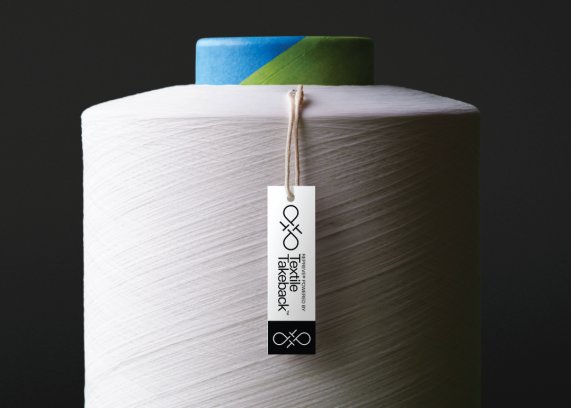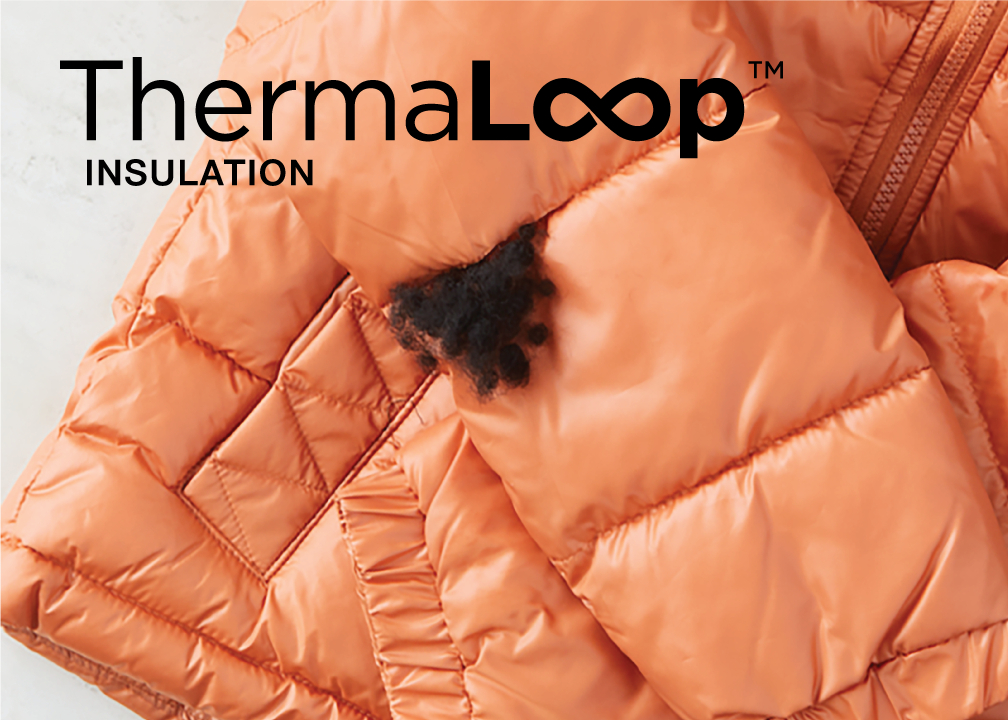
New level of trust for Repreve
Company’s Textile Takeback process can handle both global post-industrial and post-consumer textile waste.

21st August 2024
Innovation in Textiles
|
Greensboro, NC, USA
Unifi’s new white-dyeable filament yarn and ThermaLoop insulation material represent a leap forward in scalable textile-to-textile recycling.
Made from 100% recycled polyester feedstock – excluding additives and/or colorants – with at least 50% textile waste, the two new products are said to both achieve virgin-quality standards. Unifi’s Textile Takeback process recycles both global post-industrial and post-consumer textile waste into next-generation materials and the company is partnering with global brands to take back their waste and keep materials in circulation longer.
With widespread versatility across industries, applications and colourways, the new circular Repreve filament yarn is a white, dyeable, high-performance polyester that is designed for the most critical applications. The circular Repreve polyester line, which also includes black filament yarn and black and white staple fibre, contains the inherent FiberPrint tracer technology ensuring that all products have U-Trust certification.
ThermaLoop insulation, available in down-like fibre, fibreball and padding formats, provides performance, recovery and thermal efficiency. The padding is engineered with Repreve low melt fibre and its launch in black insulation showcases the variety of textile waste that can be utilised as feedstock.

The two new products are both available globally now, and can be integrated seamlessly into existing supply chains without disruption. This commercial scalability tackles a key challenge for polyester-reliant industries, particularly fashion brands, which have long sought to create circular apparel to meet sustainability goals.
These products underpin Unifi’s goal to recycle 1.5 billion t-shirts’ worth of textile waste by 2030.
“Polyester is the most widely utilised fibre on the planet, and it’s time for transformative change,” says Eddie Ingle, Unifi CEO. “Textile brands can now create solutions with the entire product life cycle in mind and work towards achieving their 2030 environmentally preferred materials targets. Our goal is to provide the best-in-class sustainable products that eliminate the need for virgin materials and reduce carbon emissions.”

Business intelligence for the fibre, textiles and apparel industries: technologies, innovations, markets, investments, trade policy, sourcing, strategy...
Find out more